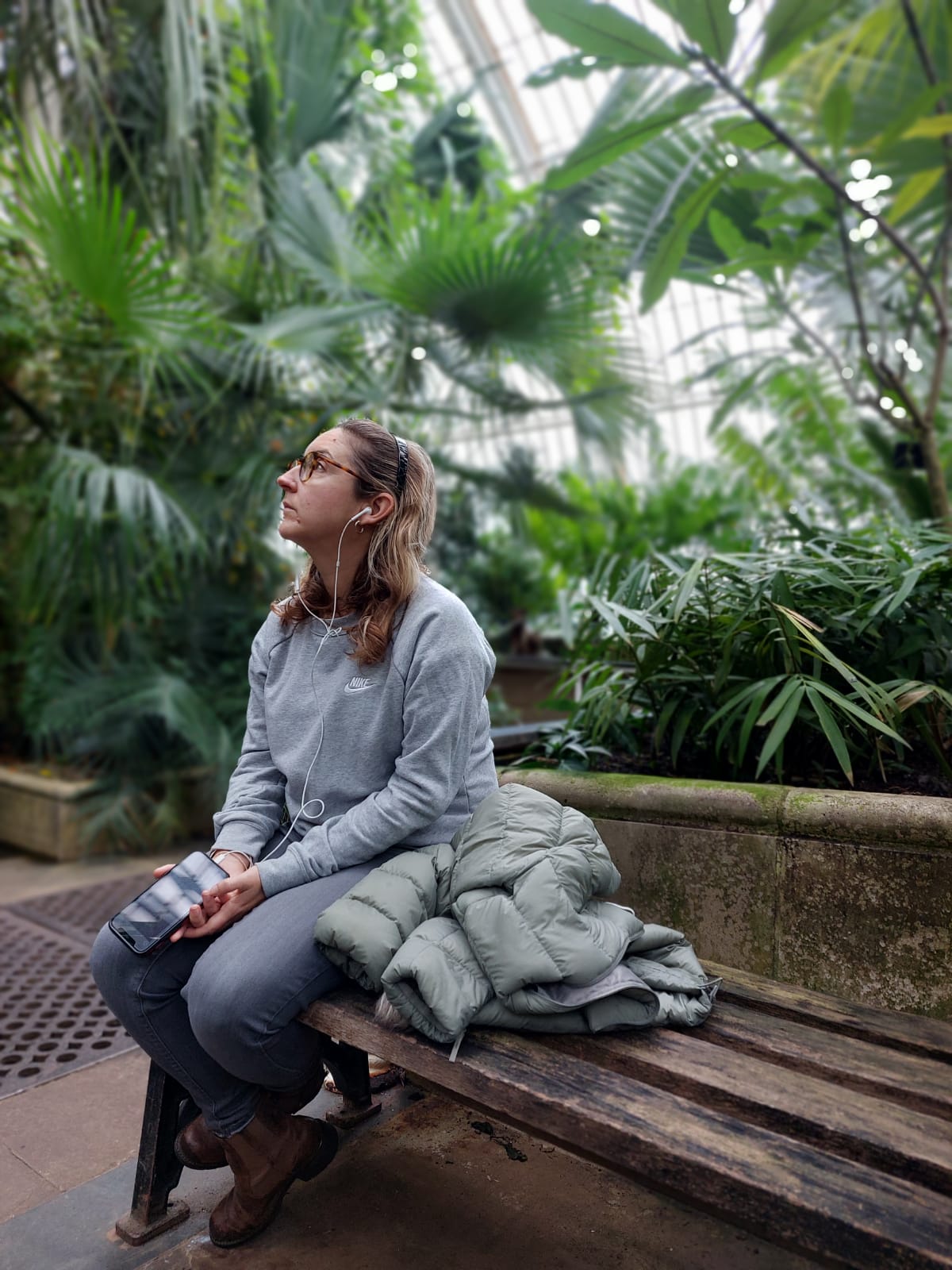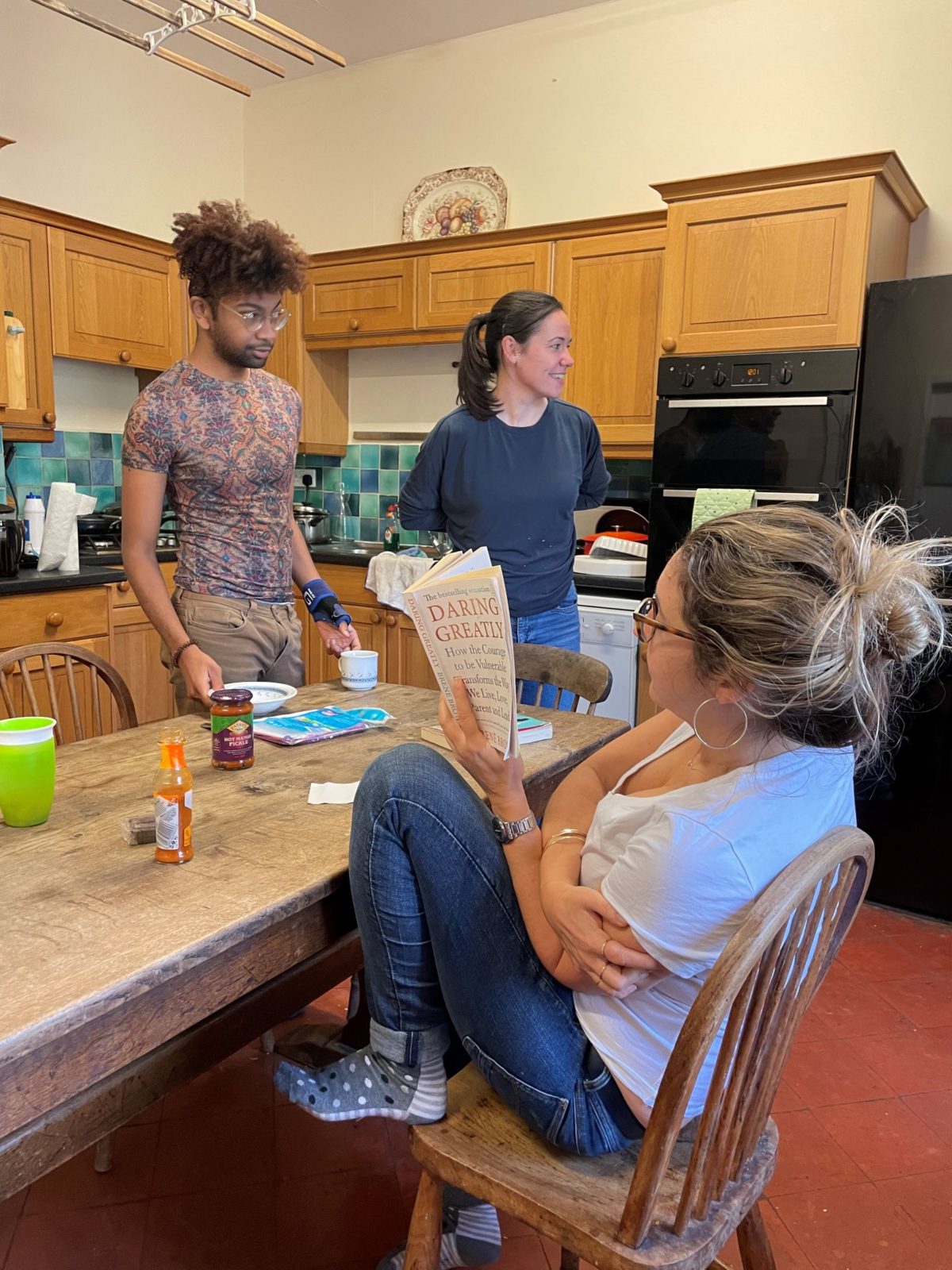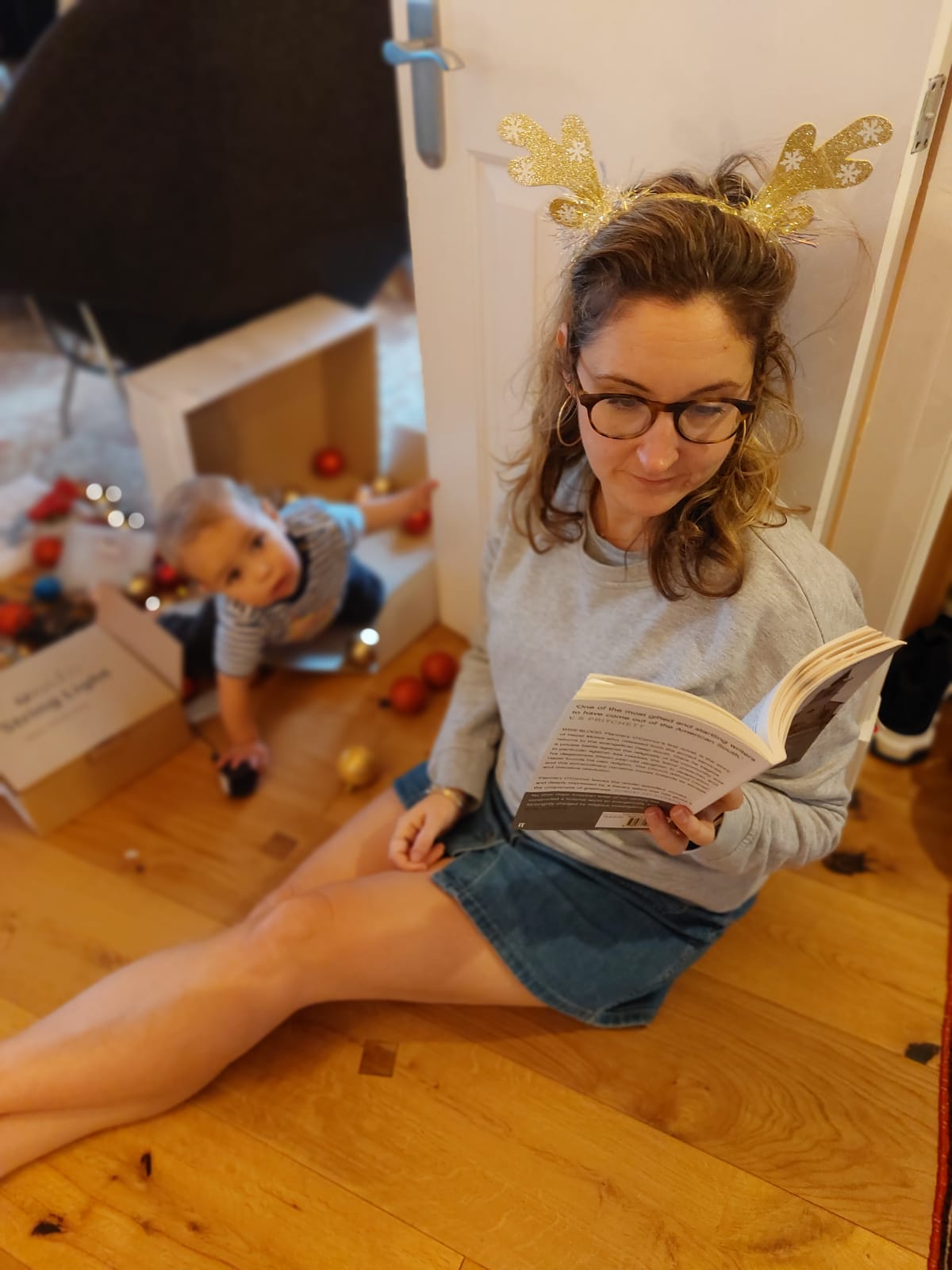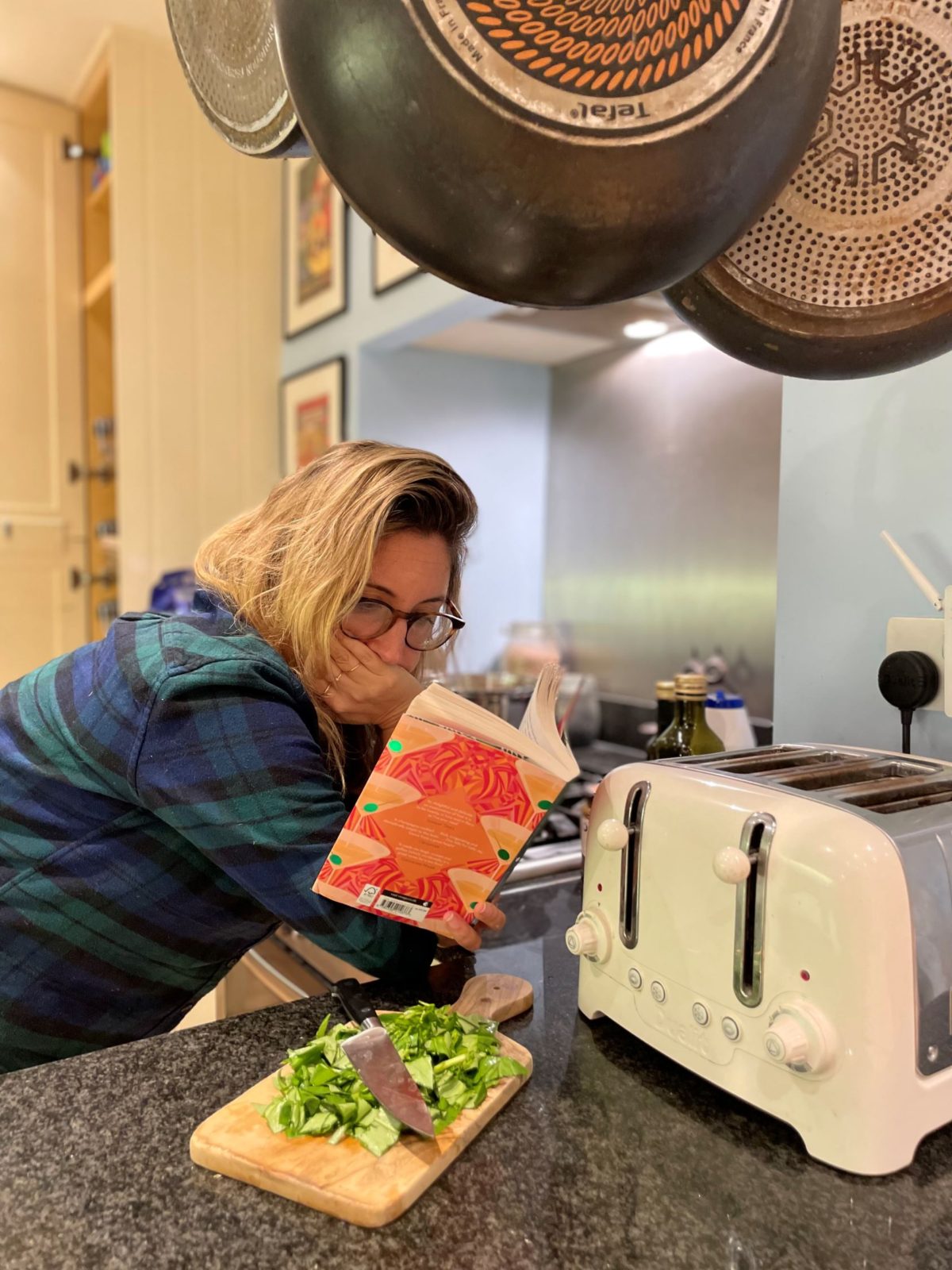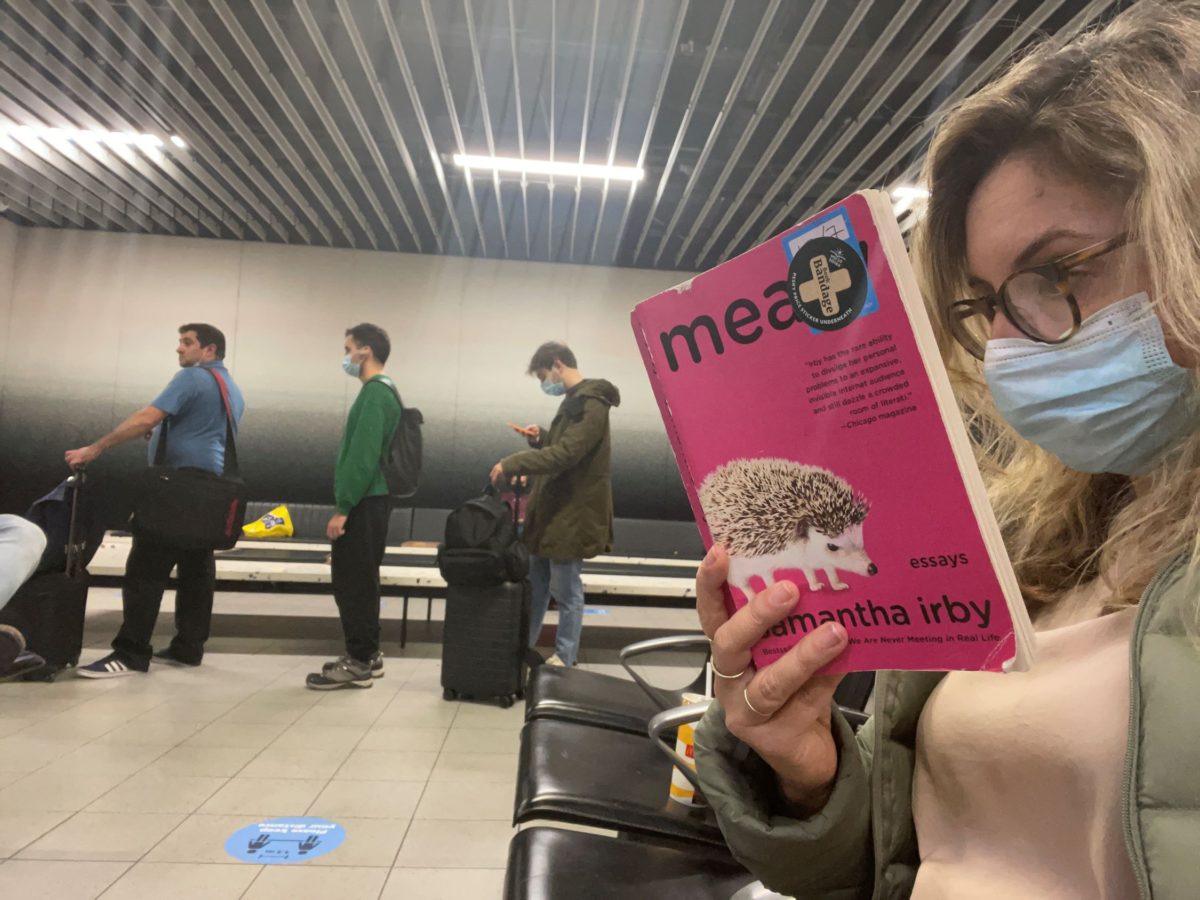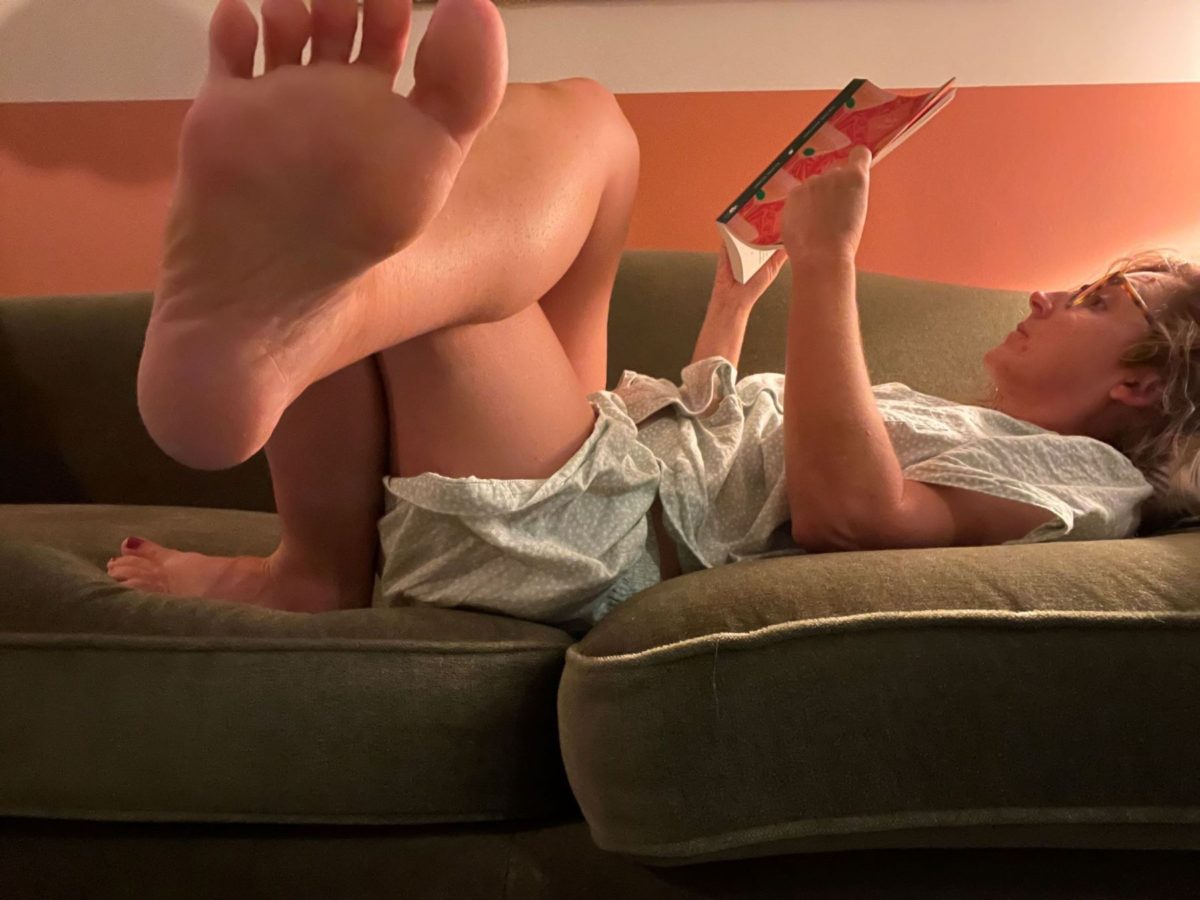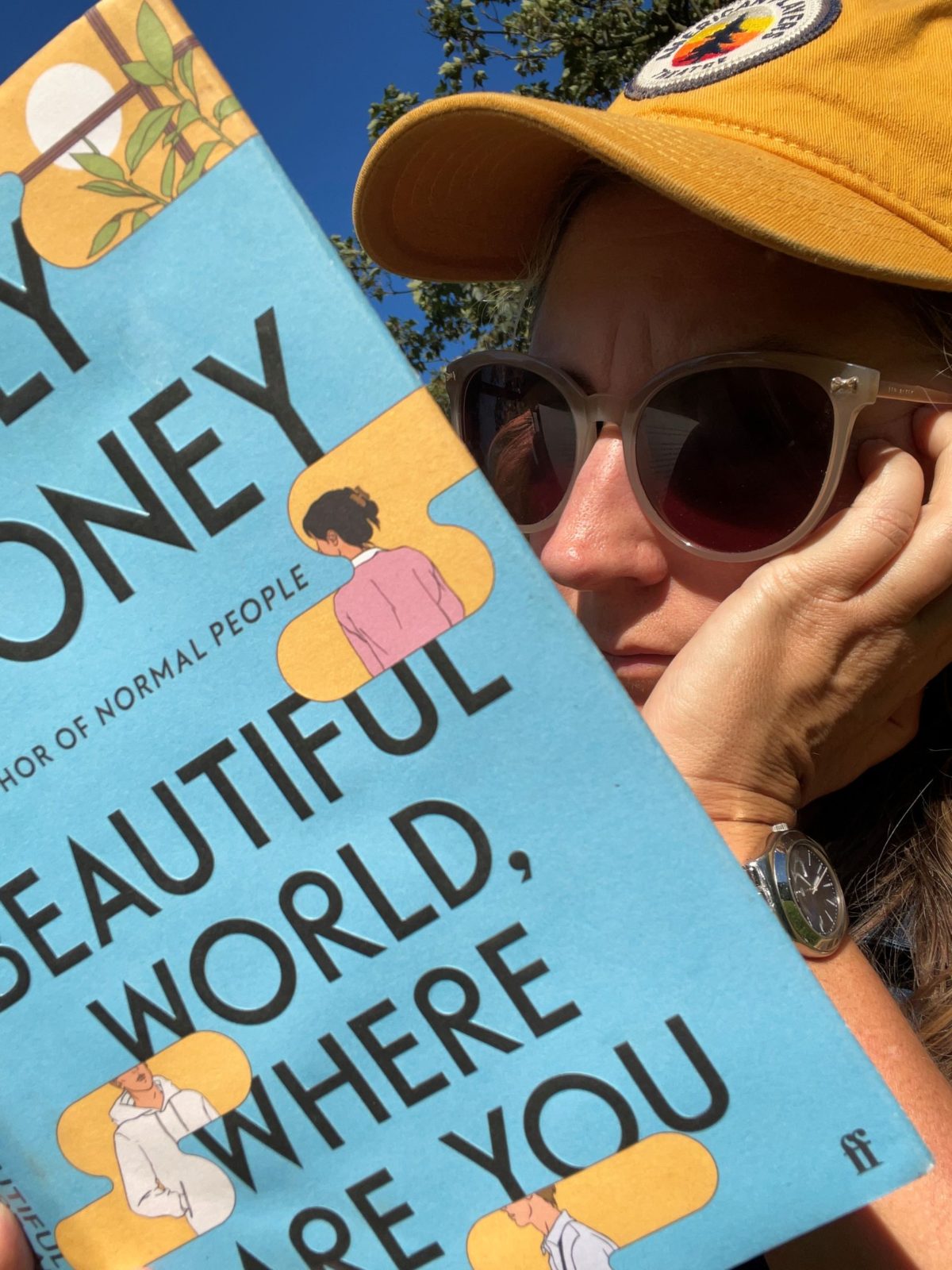Despite the fantastic title, I did not enjoy this. I had high hopes too, because Nichole Perkins podcast THIRST AID KIT is brilliant. It examines what makes dreamboat men dreamboats. The one on Joshua Jackson (always Pacey from DAWSON’S CREEK) is revelatory. It’s rare and liberating to hear women discussing sexiness. Depressingly, their conclusion is often that x person is sexy because ‘they are a good guy’ or ‘would be a good dad.’ I would like to deny it but I kind of see it, and Pacey is a case in point. LADIES WE NEED TO BE COOLER.
This is a series of essays about Perkins’ life, mixed up with her observations on pop culture. Perhaps they just suffer by comparison to the wonderful essays I just finished by Samantha Irby, but I was kind of amazed by how boring Perkins manages to make her own life. Most people’s lives are interesting, if only because I am nosy. This really was dull. The only interesting point I can recall off the top of my head was that she had this guy where their only relationshp was him giving her head, which routinely would go on for over three hours. Perhaps I am an innocent, but . . wow, that’s a lot.
Anyway, all this detail aside (he used to pull up at her crotch, seated in a chair, as at a table), the reason it all comes off as rather bland is I suspect because she is not actually sharing anything truly vulnerable, or anything she has really struggled with. Not that anyone has to share any such thing, of course, but if you are going to write a memoir it’s kind of what you are signing up for.

